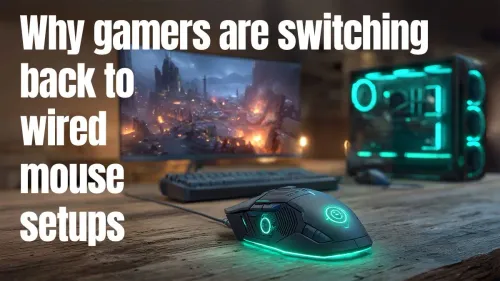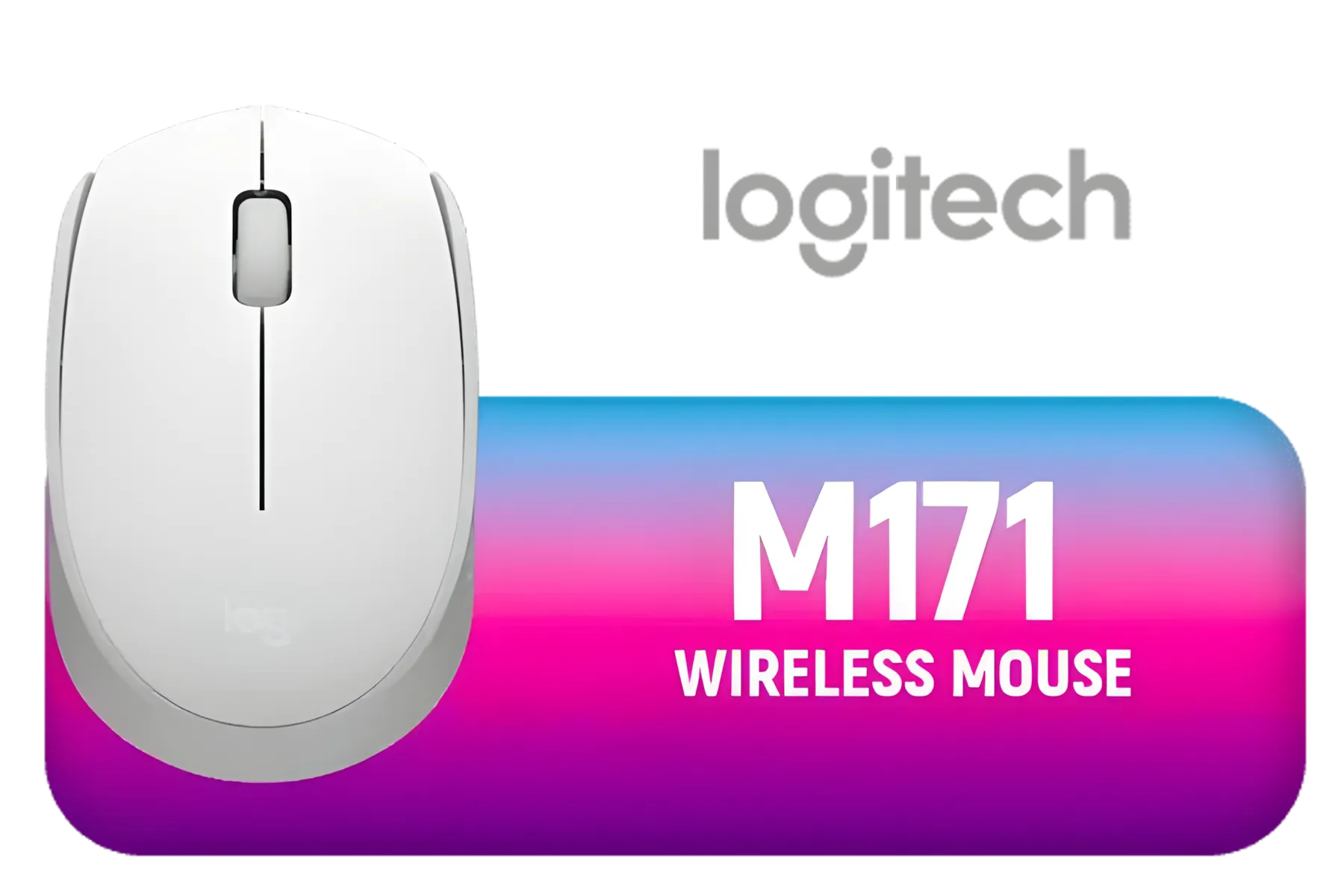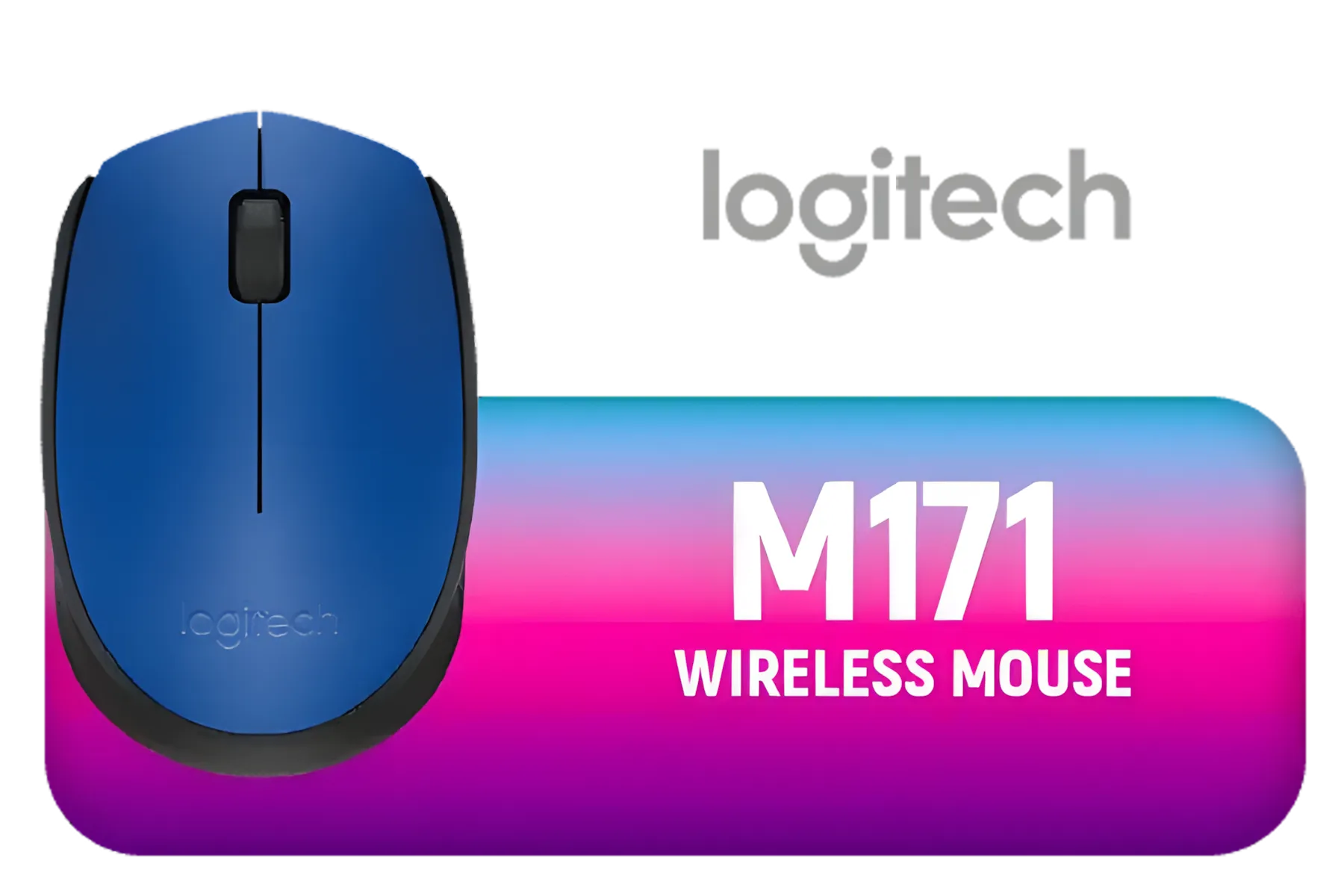
Professional Gamers Favourite Wired Mice
Gamers are switching back to wired mice for superior performance, lower latency, and reliability 💻🖱️. | Evetech Gaming Tech Blog
Are wireless mice actually better for FPS gaming? 🎮 Uncover the latency showdown between wireless vs wired mice in competitive gameplay ⚡

Picture this: it’s a 1v3 clutch on Anubis. Your heart’s pounding. You flick to the first target… headshot. The second… down. The third peeks, you adjust, and… your mouse cable snags. Game over. For years, the debate over wireless vs wired performance in an FPS mouse felt settled. Wired was king for competitive play. But what if we told you the game has changed? ⚡ It’s time to look at the real data.
The biggest fear for any serious FPS player going wireless is latency—the delay between your physical movement and the cursor’s reaction on-screen. A few years ago, this was a valid concern. Early wireless tech was laggy and prone to interference, making it a no-go for games like Valorant or CS2 where milliseconds matter.
Today, that's ancient history.
Modern proprietary technologies like Logitech’s LIGHTSPEED or Razer’s HyperSpeed deliver polling rates of 1000Hz and beyond, with click latency that is scientifically indistinguishable from their wired counterparts. The wireless mouse performance of today's top-tier models has effectively closed the gap, offering the same instant response without the cable drag. The freedom of movement is a massive advantage, allowing for unrestricted flicks and smoother tracking across your mouse pad. 🚀






Just bought a new wireless mouse? It might be set to a lower polling rate out of the box to save battery. Always install the official software and set the polling rate to 1000Hz or higher for maximum responsiveness in-game.
So, if wireless is so good, why do so many pros and budget-conscious gamers still swear by a cord? The answer is simple: bulletproof consistency and zero battery anxiety. A wired mouse for FPS offers a direct, uninterrupted connection to your PC. There's no chance of signal interference, and you'll never have your aim stutter because you forgot to charge it overnight.
Furthermore, wired mice are often lighter as they don't need to house a battery. For players who prefer an ultra-lightweight feel, a wired model can shave off crucial grams. This is why when comparing a wired vs wireless FPS mouse, the discussion also includes weight and cost. Wired options typically offer incredible performance for a lower price point in ZAR, making them a fantastic choice for anyone building a rig on a budget.
This is the main drawback of a wired mouse. A stiff, braided cable can snag on your desk or create resistance, throwing off your aim at a critical moment. However, many modern wired mice come with super-flexible "paracord-style" cables that are so light they feel almost wireless. Paired with one of our quality gaming mouse pads, you get most of the benefits of wired with far less of the hassle.
The "wireless vs wired" debate often overshadows other specs that have a bigger impact on your in-game performance. Whether you choose a cable or not, pay close attention to these factors:
Ultimately, the best gaming mouse performance comes from a combination of these factors. You can find both wired and wireless models with top-tier sensors and ergonomic designs. To find a high-spec option that won't break the bank, it's always worth checking out the best gaming mouse deals available.
Ready to Nail That Next Flick Shot? The difference between a win and a loss can be in your hand. Explore our massive range of gaming mice and find the perfect fit for your playstyle.
Wireless mice now match wired latency (<1ms).
Modern wireless mice perform better for FPS.
Use online latency test tools for accurate results.
Top FPS players prefer high-end wireless mice.
Wired mice can reach 1000Hz polling rates.
Wireless interference impacts FPS accuracy greatly.
Polling rate measured in Hz, not GHz bandwidth.